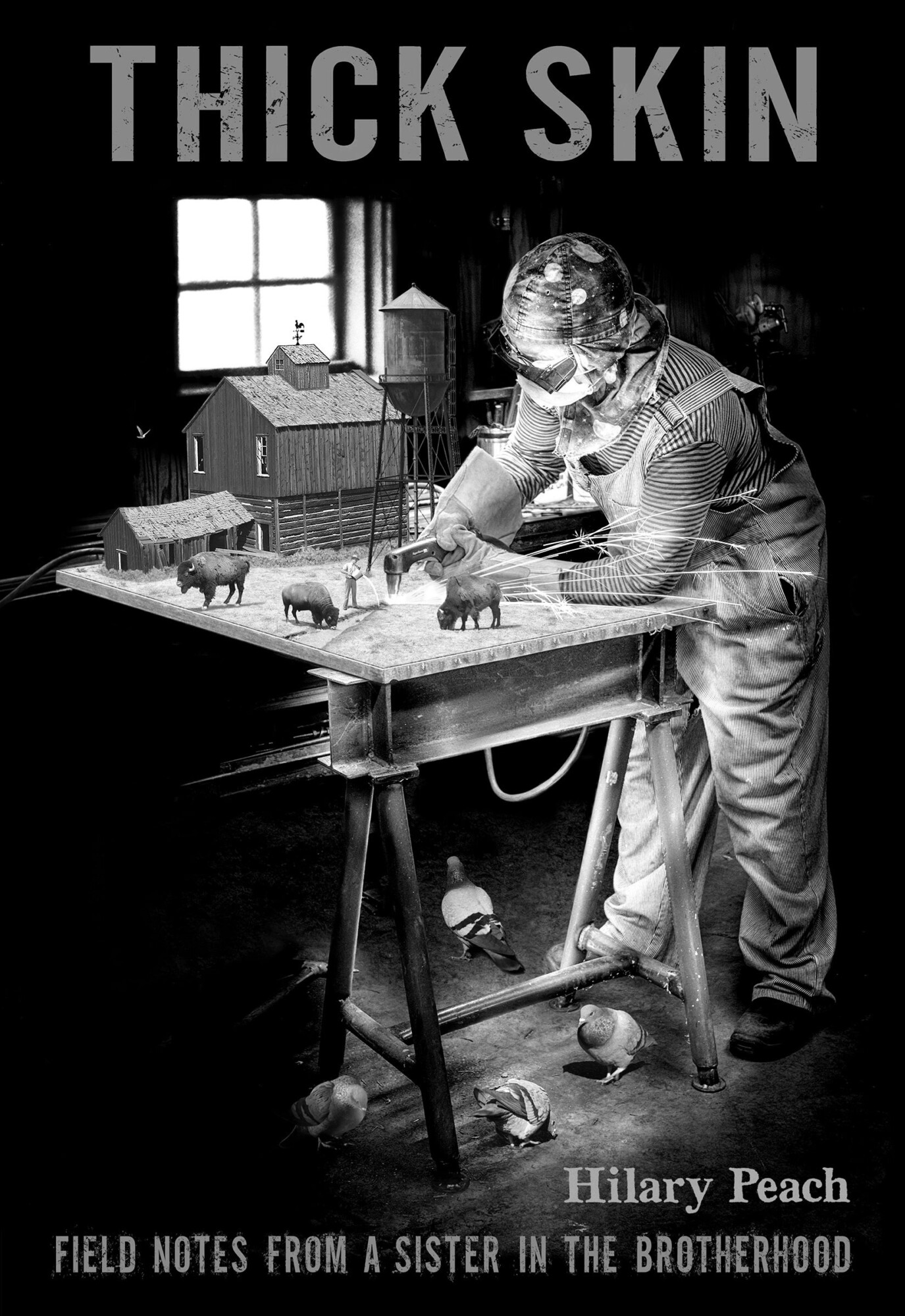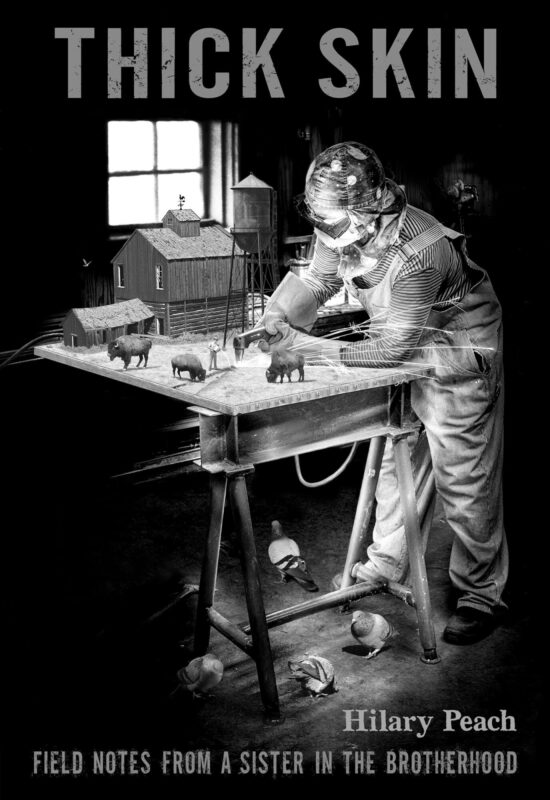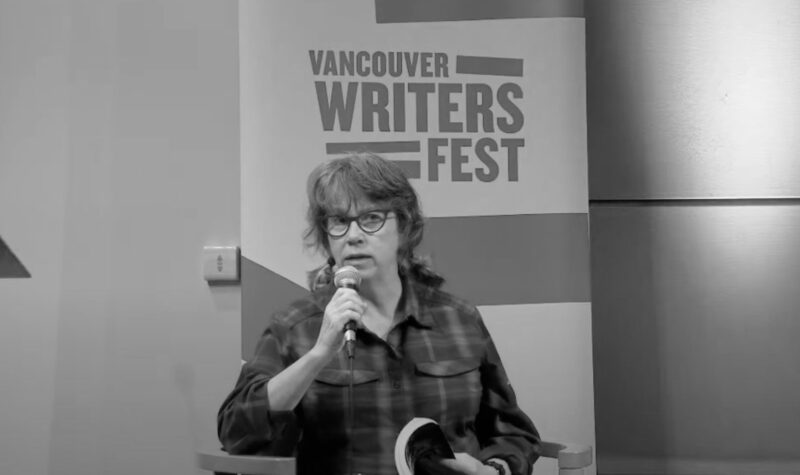Hilary Peach named 2023 Edna Staebler winner

Peach’s memoir analyzes time working as a boilermaker in a male-dominated field
Laurier has named author Hilary Peach the winner of the 2023 Edna Staebler Award for Creative Non-Fiction. The award was established in 1991 by literary journalist and writer Edna Staebler. Submitted books must feature Canadian locale or significance. The $10,000 prize honours Canadian writers for their first or second work of creative nonfiction.
Peach’s memoir, ‘Thick Skin: Field Notes from a Sister in the Brotherhood’, details her time spent working as a boilermaker. With nearly 30 years in the trade, Peach outlines her experiences in this rigorous and male-dominated field.


Boilermakers work in the construction trade, where they contend with building, fabricating, and repairing in confined spaces.
“We work in industrial plants – pulp mills, refineries, chemical plants, hydroelectric stations and anything that is a pressure vessel, tank or confined space built of steel,” said Peach.
Peach explained that she had always been a writer, having studied English and Theatre at the University of British Columbia. “I tended to work in experimental forms and became a welder as my day job,” she said.
Bruce Gillespie, associate professor in the user experience design program and faculty lead for the Edna Staebler Award for Creative Non-Fiction, touched on the distinctive qualities of Peach’s memoir.
“So many things [stood out]. I think it was a good example of creative non-fiction because it pulls back the curtain on people and places that we would never otherwise have access to, which I think is one of the great abilities of creative non-fiction,” he said.
I tended to work in experimental forms and become a welder as my day job
Hilary Peach, author
Gillespie touched on the uniqueness of Peach’s memoir, noting how it provides an interesting look into women who work in dangerous work sites.
“[The book is a] really engaging look at the challenges that women still face in this kind of field and the skilled trades in general,” he said.
Peach’s travels across North America for her trade, her memoir detailing what her job sites looked like and why workers chose to go there. “People in my industry go to where the work is,” she said.
Often, this work comes from what Peach describes as “shutdowns” – where trades come in after a plant or industrial plant shut down for two to three weeks.
“The different trades all come pouring in. You’ll have hundreds of people on site who will take the mill apart and fix everything before putting it back together to get it up and running again,” Peach said.
For Peach, this would involve seasonal travel.
“Typically, that happens in the spring and in the fall. I traveled into four different states and across Canada doing that over 20 years,” Peach said.
An award ceremony and reception honouring Peach’s memoir was held on March 27 at The Lodge Administration Building.
The reception featured speeches from Gavin Brockett, Vice Dean of the Faculty of Arts, as well as Laurier President and Vice Chancellor, Deborah MacLatchy.
Peach gave a lecture during the reception about her experiences featured in her memoir and touched on the importance of women in the trades. The lecture and following question period were recorded to be broadcasted on CBC radio.
“I’m grateful that [the award] jury were interested in the content and could see the value in that story because I think it’s a story that doesn’t get told very much. It’s quite a secret world. People don’t see what happens in industrial sites, so I was grateful that the university was interested in that,” said Peach regarding winning the award.
More information about the Edna Staebler Award for Creative Non-Fiction and Peach’s memoir can be found on the university’s website.


